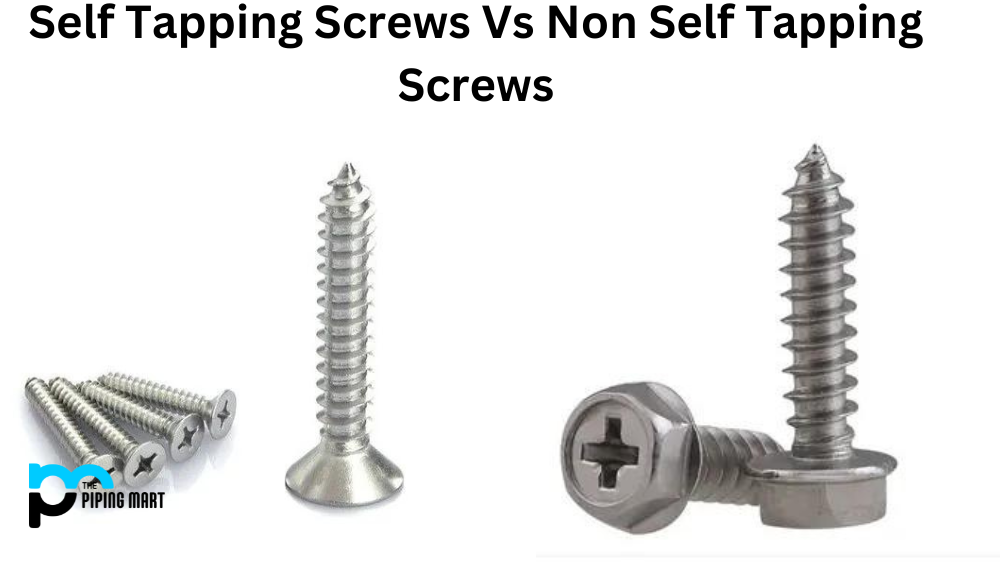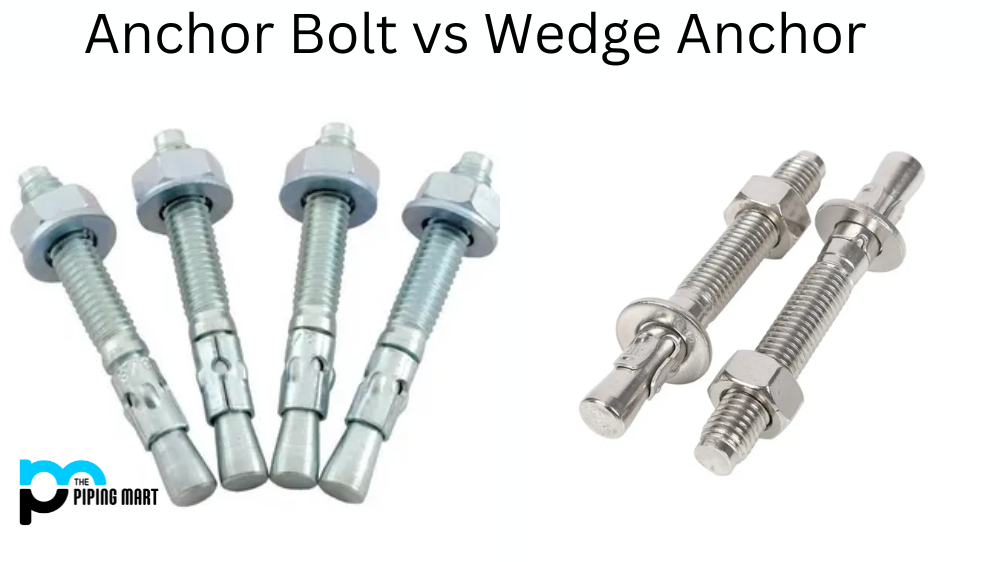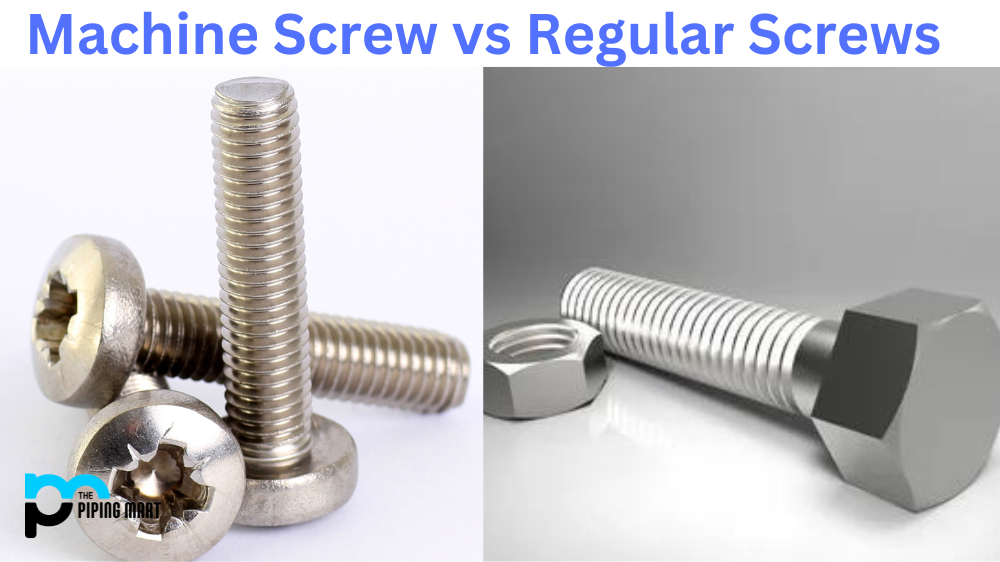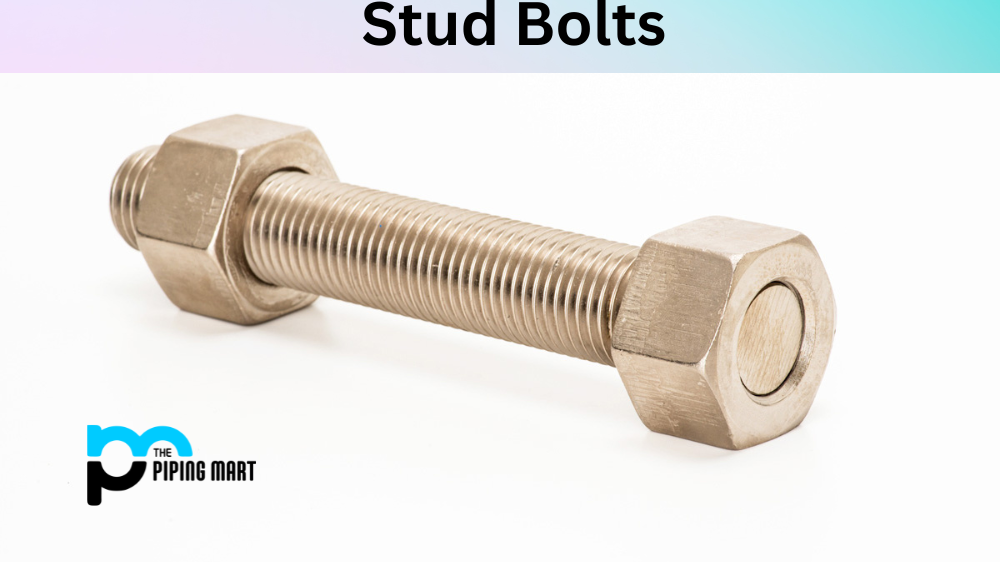Screws are one of the necessary fasteners used in the construction, engineering, and manufacturing industries. They help hold materials together, create new structures, and maintain existing ones. However, choosing the right type of screw for your project can be confusing, especially when you have to choose between self-tapping screws and non-self-tapping screws.
In this blog post, we will discuss the difference between self-tapping screws and non-self-tapping screws, their advantages and disadvantages, and which is better for your project.
What is Self-Tapping Screw?
Self-tapping screws are screws that tap their threads into a material without the need for a pre-created hole. The screws come with a sharp point and specially designed lines that cut into wood, plastic, and metal, creating their own line as they are screwed into the material. The advantage of self-tapping screws is that they save time and effort; you don’t have to pre-drill holes before screwing them in. They are also designed to be used multiple times and can be removed without damaging the material.
Self-tapping screws are ideal for projects that require a tight fit and where stability and strength are paramount. They are commonly used in construction, automotive, and electronic applications.
What is Non-Self-Tapping Screw?
Non-self-tapping screws, on the other hand, non-self-tapping screws require pre-drilled holes before they can be screwed into materials. They do not feature any threads on their shanks, making it difficult for them to grip and tighten on their own. Non-self-tapping screws can be made from different materials and come in various shapes and sizes, depending on the application.
The advantages of using non-self-tapping screws include excellent reliability, tightness, and strength. They are also less likely to become loose after being screwed in. However, pre-drilling holes before screwing them in can be time-consuming and may require special tools.
Difference Between Self-Tapping Screws and Non-Self-Tapping Screws
Choosing between self-tapping screws and non-self-tapping screws depends on your project’s requirements and the materials you are using. If you work with soft materials like plastic or wood, self-tapping screws may be the best option, as they create threaded holes. They are also easier to use and more forgiving. However, if you are working with hard materials like metal or require greater precision, non-self-tapping screws may be the better option. Pre-drilling ensures greater accuracy when screwing in screws and improves the overall strength of the assembly.
- Self-tapping screws are screws that are designed to tap their own threads as they are driven into a material.
- Non-self-tapping screws are screws that must have their threads tapped before they can be driven into a material.
- Self-tapping screws are generally easier to use than non-self-tapping screws, as they do not require any special preparation before use.
- Non-self-tapping screws may be preferable in some applications, as they provide a stronger connection than self-tapping screws.
- Self-tapping screws are typically made from softer metals, such as aluminium, while non-self-tapping screws are usually made from harder metals, such as steel.
Conclusion
In conclusion, self-tapping screws and non-self-tapping screws have unique advantages and disadvantages. While self-tapping screws are generally quicker and more accessible, non-self-tapping screws provide excellent stability, strength, and precision. Choosing the right screw largely depends on your project and the materials you are using. If you are unsure which screw is best for your project, it is always advisable to consult an expert.

Meet Bhavesh, a seasoned blogger with a wealth of knowledge and experience. From metal products manufacturing to retail, Bhavesh has a diverse background in various industries and is dedicated to sharing his insights and expertise with readers.




